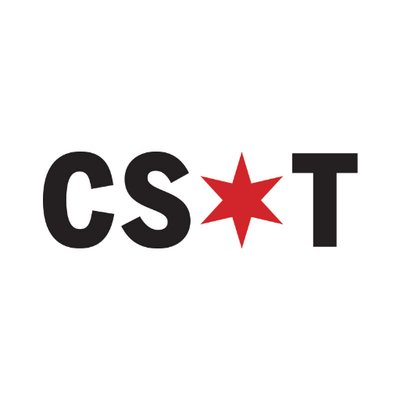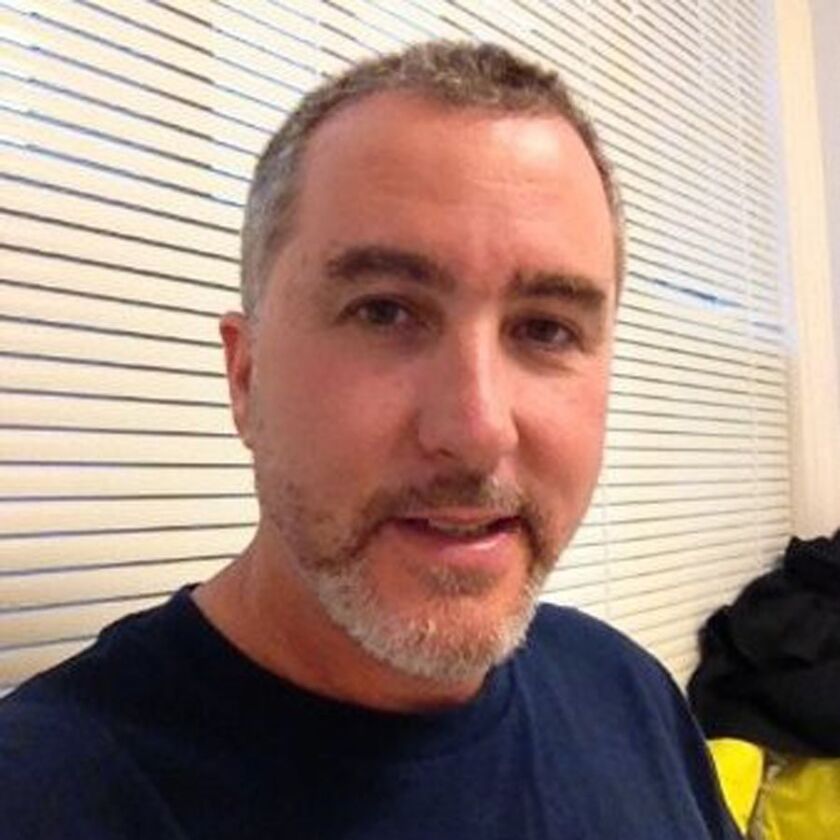



When there’s unrest downtown or mass shootings elsewhere in Chicago this Memorial Day holiday — often among the year’s most violent weekends — a special team of 30 “Peacekeepers” wearing yellow vests will be mobilized to help calm things down, state officials said Tuesday.
Gov. J.B. Pritzker authorized funding the anti-violence strategy in 2021 when he signed the Reimagine Public Safety Act, creating the state Office of Firearm Violence Prevention.
More than 500 people have been hired as Peacekeepers, trained to de-escalate conflicts in 102 “hotspots” in 14 Chicago communities. They’re on duty from Tuesday through Saturday.
The money for the program in the current budget year — $11 million — is set to increase to $30 million in the next year, according to state records.
The program has ambitious goals, including having zero shooting victims in 70% of the more than 100 designated hot spots — every three months. To date, Department of Human Services spokeswoman Marisa Kollias said, “These standards are being met.”
From Feb. 15, when the program was launched, through April 15, 90 of the 102 hot spots had zero shootings, according to a study by the Center for Neighborhood Engaged Research & Science, which also found that the other locations had 22 shootings, compared with 23 over the same period last year. Two Peacekeepers were wounded — one shot and the other stabbed.
“The findings here are preliminary and in no way represent a causal relationship” between the Peacekeepers and violence reductions, said the study, which also described a wary, and sometimes hostile, connection between Peacemakers and police officers.
In addition to that larger program, the state is spending $750,000 on a “crisis-prevention and response unit” of at least 30 specially trained Peacekeepers.
That unit is available 24 hours a day every week to respond to shootings in Chicago and will be active during the Memorial Day weekend, according to DHS, which funds the program. Those in the crisis unit are trained in social-media monitoring, crowd de-escalation, crisis interruption and how to refer people to social service organizations for help, according to the state agency.
“This expanded training equips violence-prevention coordinators to operate beyond their typical neighborhoods to address other areas of potential conflict or crisis, such as recent large teen gatherings in downtown Chicago or mass casualty events,” according to a written statement from the state social services agency.
Hundreds of outreach workers from other anti-violence organizations also are expected to be on Chicago’s streets this weekend.
Violence on the Memorial Day weekend is predictably high. Last year in Chicago, nine people were killed and 40 others wounded in shootings from the Friday evening ahead of the holiday through early Tuesday. Thirty-seven people were shot during the same period in 2021 and 49 in 2020.
Mayor Brandon Johnson, whose campaign included a promise to use civilian violence-interruption programs, said of the Peacekeepers effort: “These individuals bring invaluable insight and knowledge that allow us to reduce conflict before it escalates, so we are proactive instead of reactive in addressing the causes of violent crime.”
Most participants in the Peacekeepers program aren’t full-time outreach workers with salaries. They’re recruited in violent neighborhoods and get a $100 daily stipend. Their supervisors get $150 a day.
But the members of the 30-member crisis unit are full-time, salaried employees, Kollias said.

Jalon Arthur of Chicago CRED talks about FLIP during a meeting at the Garfield Park Fieldhouse in May 2022.
Anthony Vazquez / Sun-Times
On the street, Peacekeepers also are known as “FLIP workers” because the program is built on the “FLIP model,” referring to “Flatlining Violence Inspires Peace,” which began as a privately funded strategy before the state took over. The state-funded program began in February.
Some in the program still have a foothold in the gang world. They’re expected to help “keep things cool” when they see conflicts flare up.
“We are taking a calculated risk on people, providing opportunities to people often embroiled in violence,” Teny Gross, executive director of the Institute for Nonviolence Chicago, said of the Peacekeepers. “For some of them, this will translate eventually to a more peaceful lifestyle for them and their communities. Lots of them eventually become full-time outreach workers.”
They’re sometimes referred to as apprentice outreach workers.

Teny Gross, executive director of the Institute for Nonviolence Chicago.
Tio Hardiman, whose organization Violence Interrupters operates in South Austin, said he sees “FLIP workers” regularly stationed on dangerous blocks in North Lawndale, West Humboldt Park and Englewood.
“They are visibly out there — they have the yellow vests,” said Hardiman, who’s planning to hold a “peace circle” at noon Monday in the 5300 block of West Quincy Street. “It’s always good to have boots on the ground to catch conflicts before they turn deadly.”
